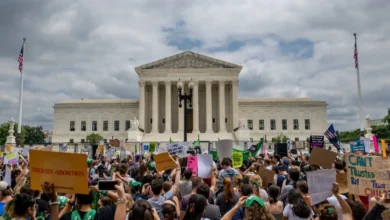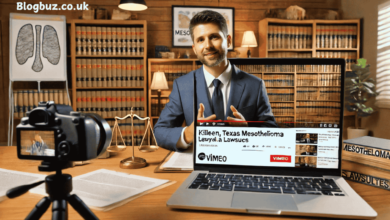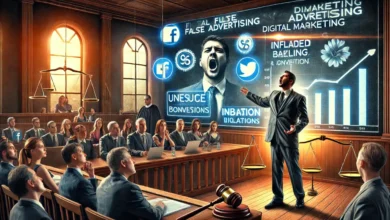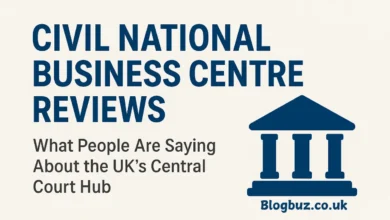Innovasis DOJ: The $12 Million Settlement That Shook the Spine Device Industry
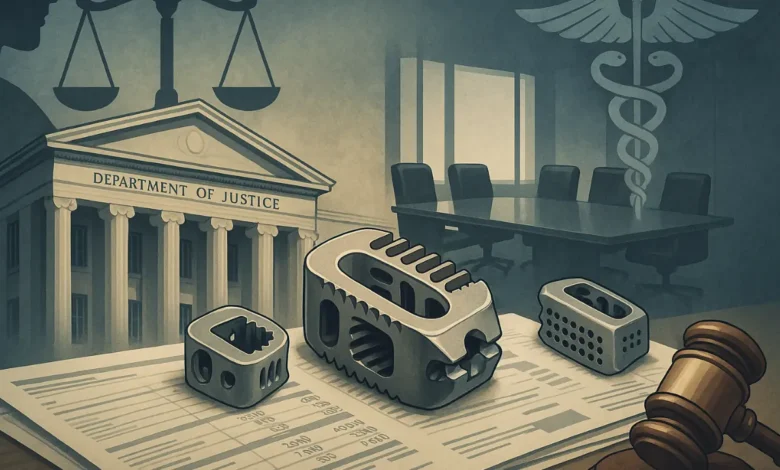
Innovasis, Inc. is a private medical device company headquartered in Utah, USA. Specializing in spinal implant technologies, Innovasis has supplied hospitals, clinics, and orthopedic surgeons with spinal hardware, biologics, and surgical instruments since its founding in 2005. The company is recognized for its rapid innovation in spine care, offering a comprehensive line of procedural solutions that range from cervical to lumbar implants. With a growing network of distributors and physician partners, Innovasis had positioned itself as a key player in the highly competitive spinal surgery market. However, in March 2024, the company made headlines not for its medical innovation—but for a Department of Justice (DOJ) investigation that resulted in a $12 million federal settlement.
The DOJ vs. Innovasis: What Happened?
The Core Allegations
The U.S. Department of Justice alleged that Innovasis violated the False Claims Act (FCA) and the Anti-Kickback Statute (AKS) by:
- Providing illegal financial incentives to physicians.
- Paying consultants and speaker fees in exchange for increased use of Innovasis devices.
- Influencing the selection of spinal implants through improper financial arrangements with doctors and physician-owned distributorships.
These activities allegedly took place between 2014 and 2022, during which Innovasis experienced a significant rise in sales—especially in hospitals that billed federal healthcare programs, such as Medicare, Medicaid, and TRICARE.
Understanding the Anti-Kickback Statute
The Anti-Kickback Statute (42 U.S.C. § 1320a–7b) is a federal law that prohibits offering, soliciting, paying, or receiving anything of value to induce referrals of items or services covered by federally funded healthcare programs.
Under this law:
Any arrangement where remuneration is given in exchange for patient referrals can be considered a criminal offense.
The DOJ asserted that Innovasis violated this statute by financially rewarding doctors to steer patients toward their products.
False Claims Act Violations
The False Claims Act (FCA) imposes liability on individuals or companies that knowingly submit false claims for payment to the federal government. If a medical device manufacturer causes a hospital to bill Medicare for services influenced by illegal kickbacks, those claims can be deemed “false.”
The DOJ concluded that:
- Innovasis’s alleged conduct resulted in the submission of fraudulent claims to federal programs.
- This not only violated federal law but undermined the trust and integrity of clinical decision-making.
The $12 Million DOJ Settlement
In March 2024, the DOJ announced that Innovasis Inc. agreed to pay $12 million to resolve these allegations. Although the company did not admit wrongdoing, the settlement served as a public acknowledgment of the DOJ’s findings.
Key aspects of the settlement include:
- $12 million payment to the federal government.
- Five-year Corporate Integrity Agreement (CIA) with the U.S. Department of Health and Human Services Office of Inspector General (HHS-OIG).
- Ongoing compliance reporting, monitoring, and audits to ensure future legal adherence.
Corporate Integrity Agreement (CIA) Requirements
The Corporate Integrity Agreement imposes several compliance obligations on Innovasis:
- Training: All staff and leadership must undergo regular compliance training.
- Auditing: Independent reviews of Innovasis’s financial relationships with physicians.
- Monitoring: OIG oversight to evaluate corporate behavior over the 5 years.
- Reporting Mechanisms: Anonymous whistleblower systems to report unethical conduct.
This agreement aims to prevent future misconduct and rebuild public trust in medical industry partnerships.
The Whistleblower’s Role
The DOJ’s case was brought to light under the qui tam provisions of the False Claims Act. These provisions enable private individuals (whistleblowers) to file lawsuits on behalf of the U.S. government.
In this case:
- The whistleblower was a former Innovasis employee, according to legal filings.
- The individual alleged internal knowledge of the company’s financial practices and incentive structures.
- As part of the settlement, the whistleblower was awarded a portion of the recovered funds, estimated at several million dollars.
Whistleblower incentives are a powerful tool in federal healthcare enforcement.
Why Did the DOJ Target Innovasis?
The DOJ has increasingly prioritized investigations into kickbacks in the orthopedic and spinal surgery markets. These specialties involve high-cost implantable devices and frequent surgeries, making them susceptible to unethical financial influence.
Reasons why Innovasis was targeted:
- Rapid sales growth triggered by non-transparent physician arrangements.
- Use of physician-owned distributorships (PODs) is a red flag for DOJ compliance teams.
- Lack of sufficient compliance programs to detect or report conflicts of interest.
The Innovasis case fits into a broader trend of DOJ crackdowns on financial corruption in the medical device industry.
Reactions From the Medical Community
Hospitals
Many hospital networks began reviewing their contracts with spinal device vendors following the Innovasis DOJ settlement. Some institutions:
- Froze the procurement of Innovasis products pending internal review.
- Required physician disclosures about device selection.
- Updated their compliance policies regarding vendor relationships.
Physicians
Surgeons who were associated with Innovasis or similar companies were reminded of the legal risks tied to:
- Consulting arrangements without fair market value.
- Travel or speaker payments not directly tied to services.
- Ownership interests in distributorships selling devices they prescribe.
Impact on the Medical Device Industry
Precedent Setting
The Innovasis DOJ settlement is now cited in industry compliance webinars, law firm briefings, and HHS-OIG compliance roundtables as a cautionary tale.
It reinforces:
- That even smaller or mid-sized device firms are not immune from scrutiny.
- The importance of robust compliance departments.
- That indirect kickbacks (through distributors, marketing payments, etc.) are still violations under the AKS.
Increased Enforcement Nationwide
Since 2021, the DOJ has increased coordination with:
- HHS Office of Inspector General
- Centers for Medicare and Medicaid Services (CMS)
- State Attorneys General
This coordinated enforcement targets sectors prone to financial incentives—especially in spine, orthopedics, and cardiology.
Innovasis is just one of many companies under DOJ scrutiny.
What Can Other Medical Companies Learn from the Innovasis DOJ Case?
Lessons in Compliance
- Build a transparent compensation structure for all physician arrangements.
- Avoid tying bonuses or payments to product usage or sales.
- Maintain detailed documentation for all consulting, R&D, and speaking fees.
- Establish anonymous reporting channels for ethical concerns.
- Conduct independent audits and legal reviews of the sales team’s activities to ensure compliance with relevant regulations.
What to Avoid
- Backdoor incentives to physicians through ownership in device distributors.
- Excessive travel, gifts, or entertainment under the guise of medical education.
- Lack of a written agreement or failure to establish fair market value for services.
Conclusion: Why the Innovasis DOJ Case Matters
The Innovasis DOJ settlement is not just a story about one company—it’s a wake-up call for the entire medical device industry. At its core, this case underscores the crucial importance of ethical integrity in the relationships between healthcare providers and suppliers.
By settling for $12 million and entering into a five-year federal oversight agreement, Innovasis acknowledged the seriousness of the allegations—even without admitting wrongdoing.
For hospitals, physicians, and healthcare companies alike, this case highlights the risks associated with non-compliant business practices. It also reinforces the DOJ’s commitment to preserving the integrity of the U.S. healthcare system.
In a world where the line between innovation and influence can blur, the Innovasis DOJ case serves as a clear reminder: Compliance isn’t optional—it’s essential.
You May Also Read: Top Legal Issues a Bellevue Business Lawyer Can Help You Avoid
